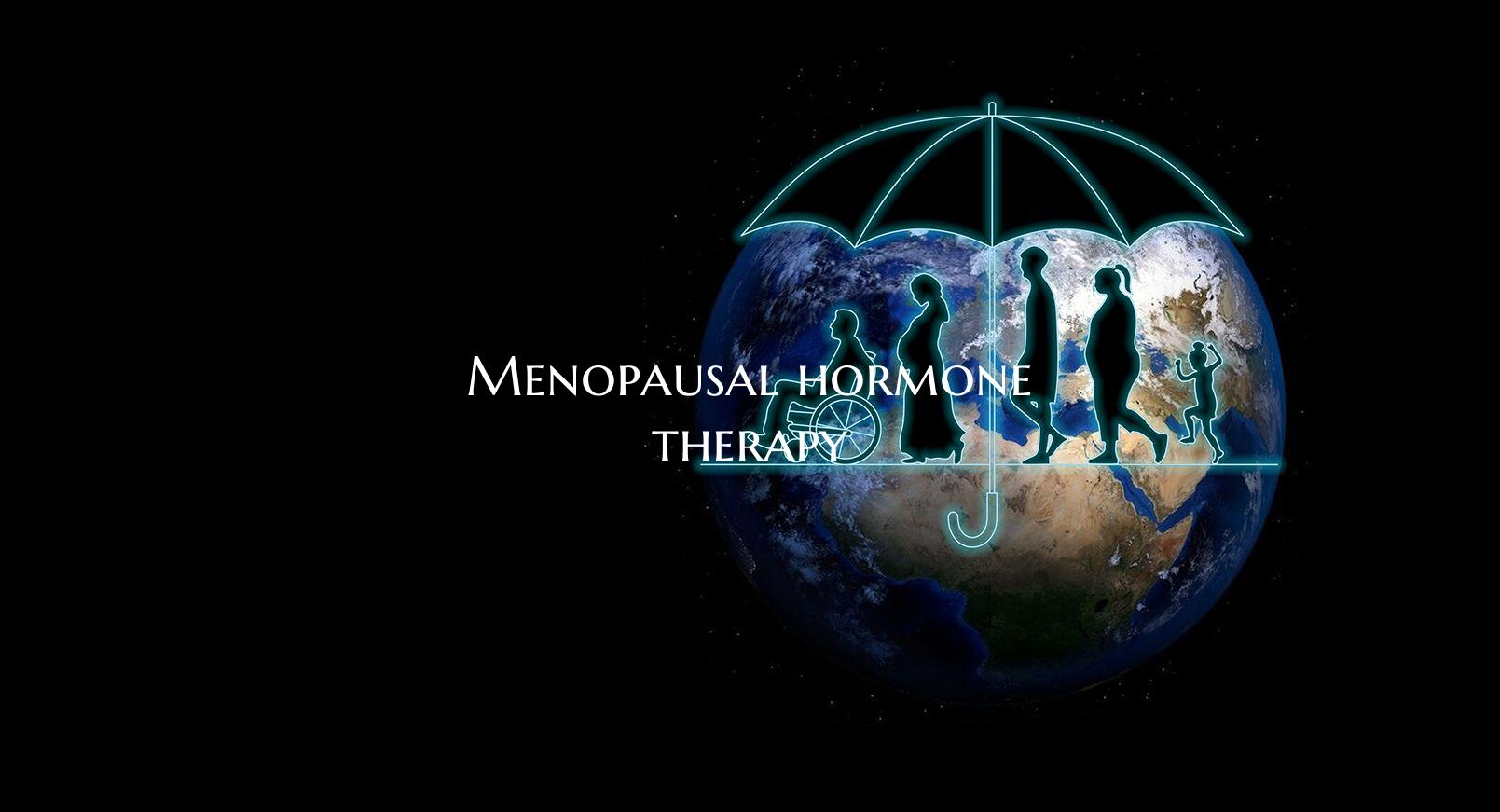
Menopausal hormone therapy
Menopausal hormone therapy, also known as hormone replacement therapy (HRT), is a treatment commonly used to relieve symptoms associated with menopause. Menopause is a natural phase in a woman's life when her menstrual cycle stops, typically occurring in her late 40s or early 50s. During this time, the body experiences hormonal fluctuations that can lead to a variety of symptoms, such as hot flashes, night sweats, mood swings, and vaginal dryness.
Hormone therapy involves the use of estrogen and sometimes progestin to supplement the declining hormone levels in the body. Estrogen helps alleviate symptoms like hot flashes and vaginal dryness, while progestin is often added to protect the uterus lining in women who still have a uterus.
There are different types of hormone therapy available, including pills, patches, creams, gels, and vaginal rings. The treatment is tailored to each individual based on her symptoms, medical history, and personal preferences. It is essential for women considering hormone therapy to discuss the risks and benefits with their healthcare provider.
While hormone therapy can be highly effective in managing menopausal symptoms, it is not suitable for everyone. Women with a history of certain cancers, blood clots, liver disease, or heart disease may not be good candidates for hormone therapy. Additionally, long-term use of hormone therapy may be associated with potential risks, such as an increased risk of breast cancer, heart disease, and stroke.
It is crucial for women to weigh the potential benefits and risks of hormone therapy and make an informed decision in consultation with their healthcare provider. Regular monitoring and follow-up evaluations are essential for women who choose to undergo hormone therapy to ensure its safety and effectiveness in managing menopausal symptoms.